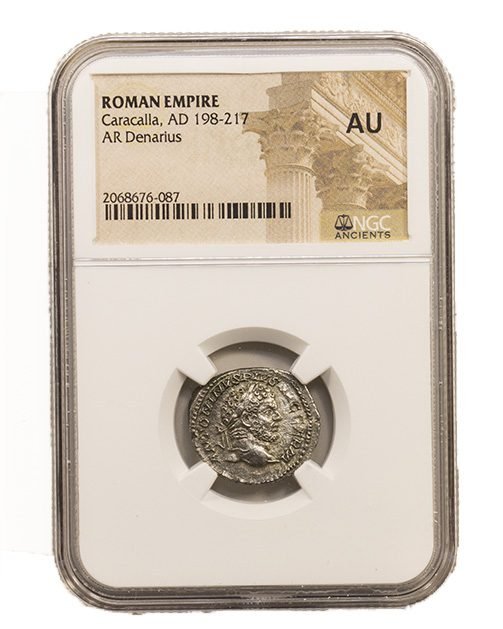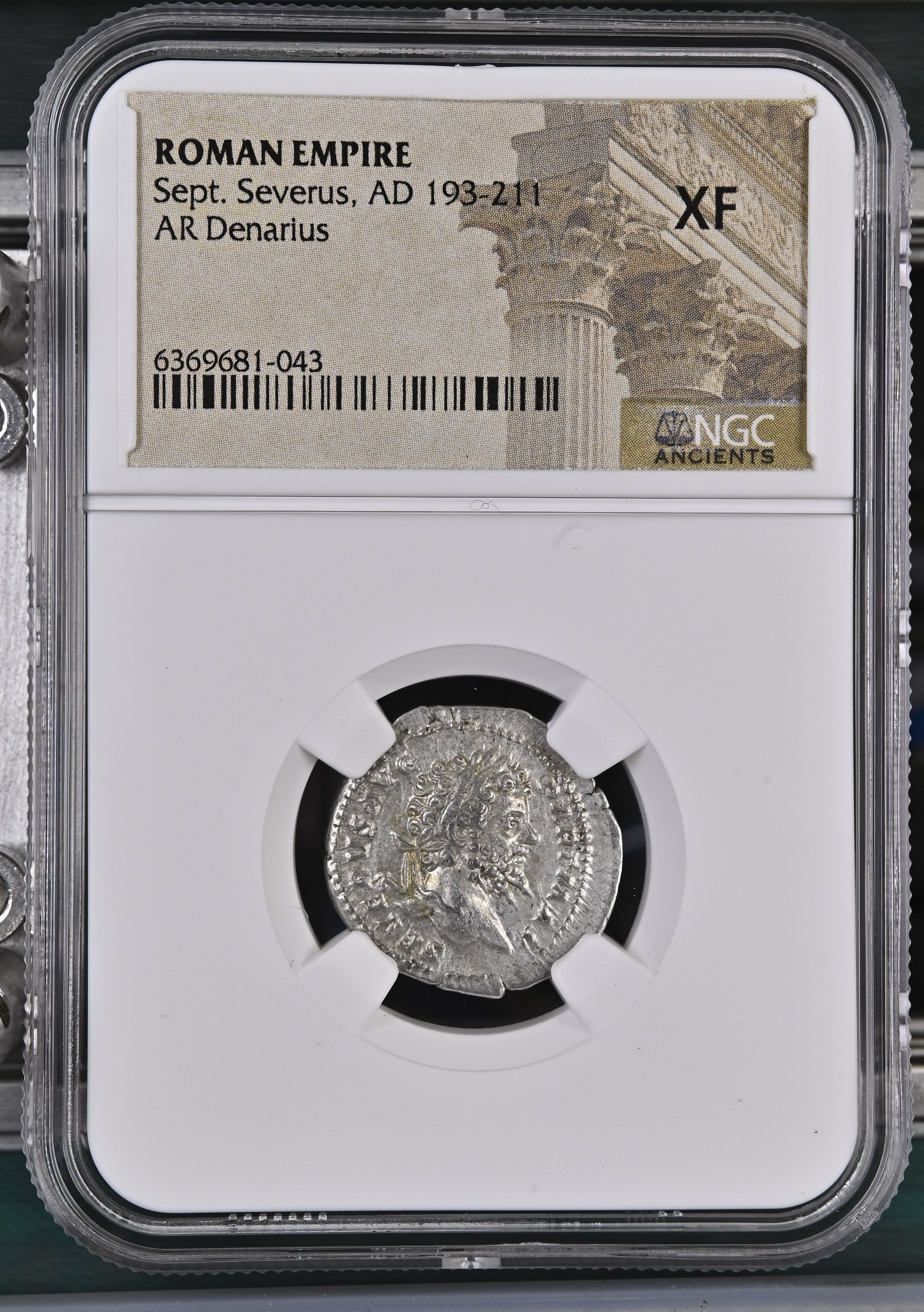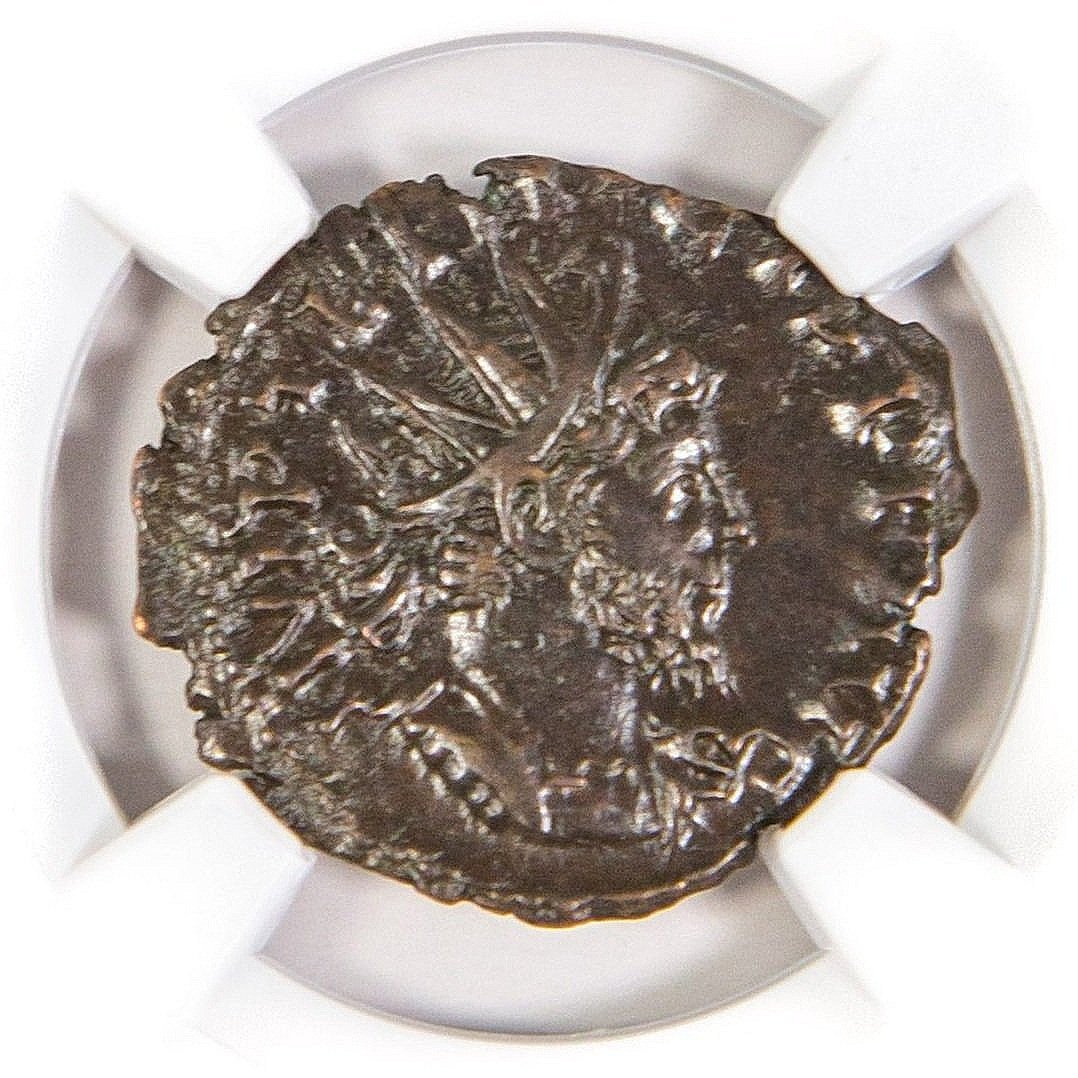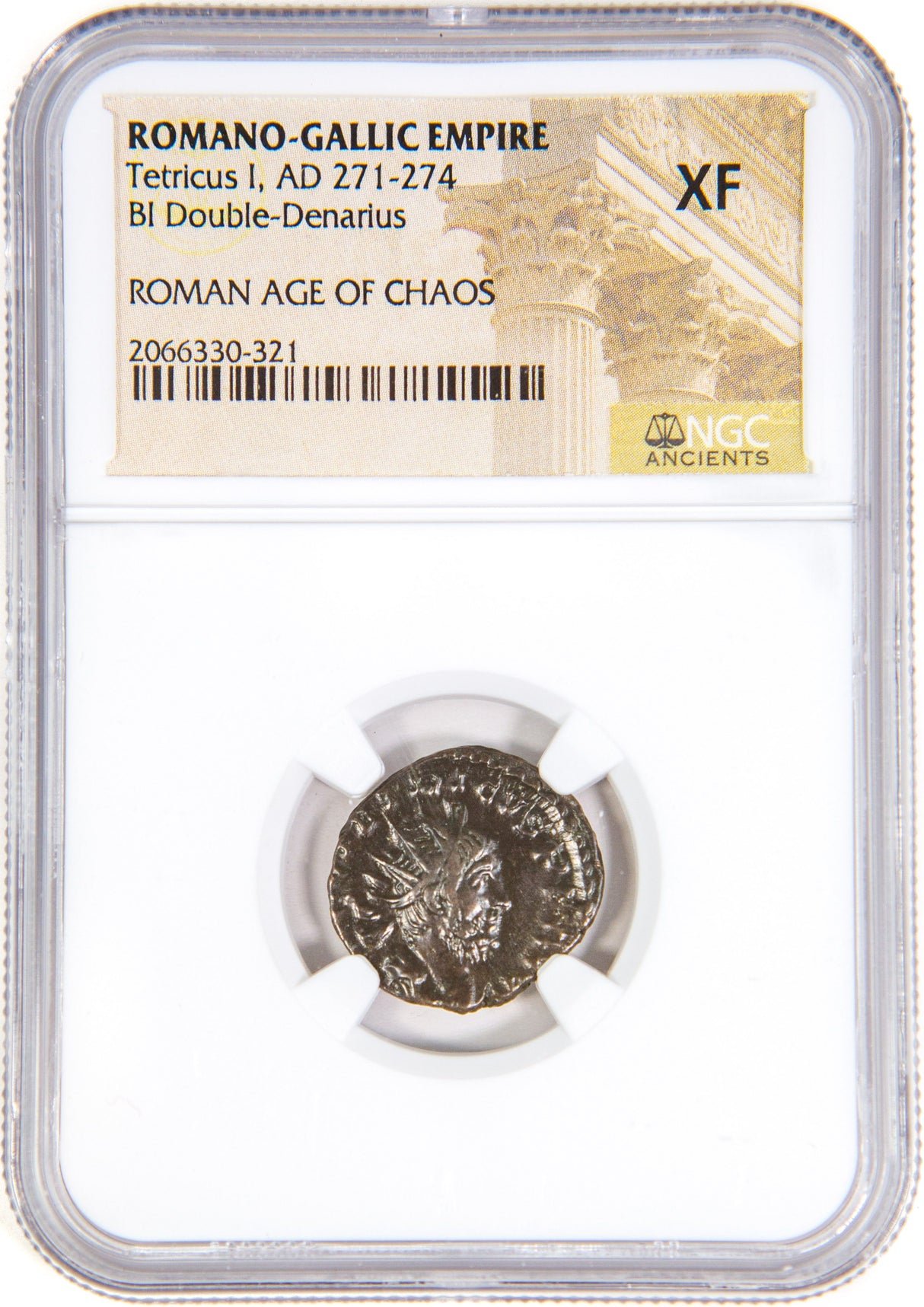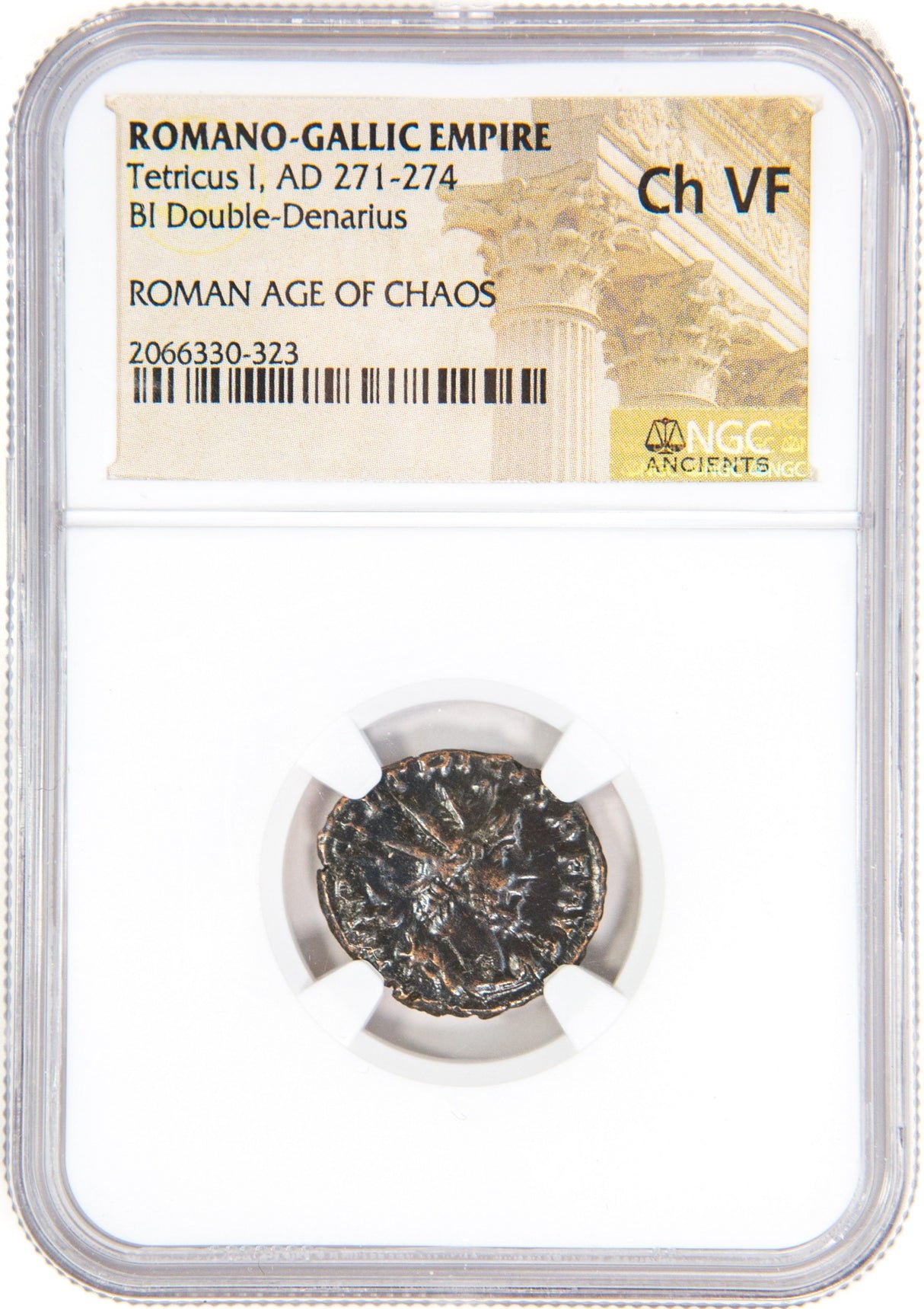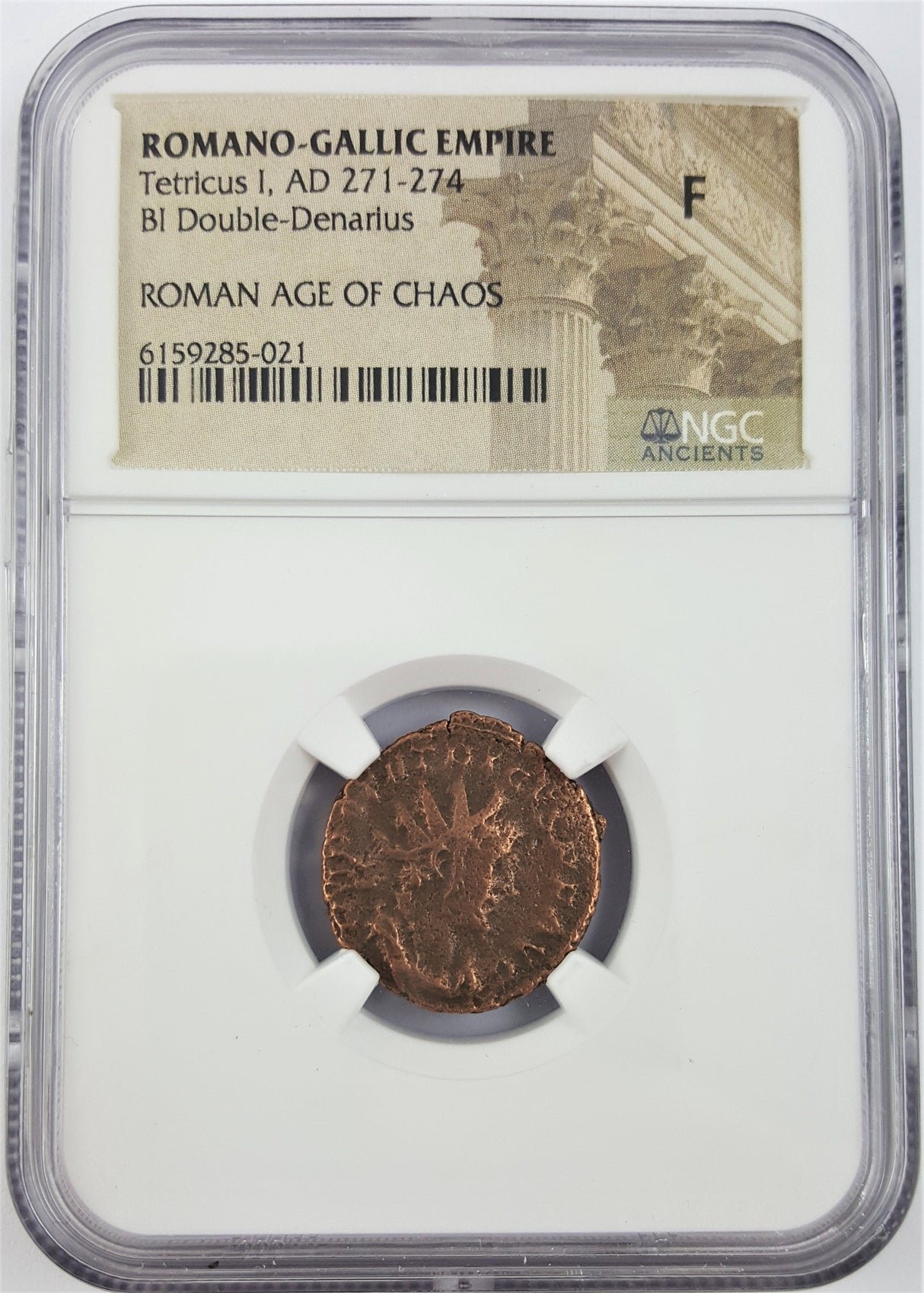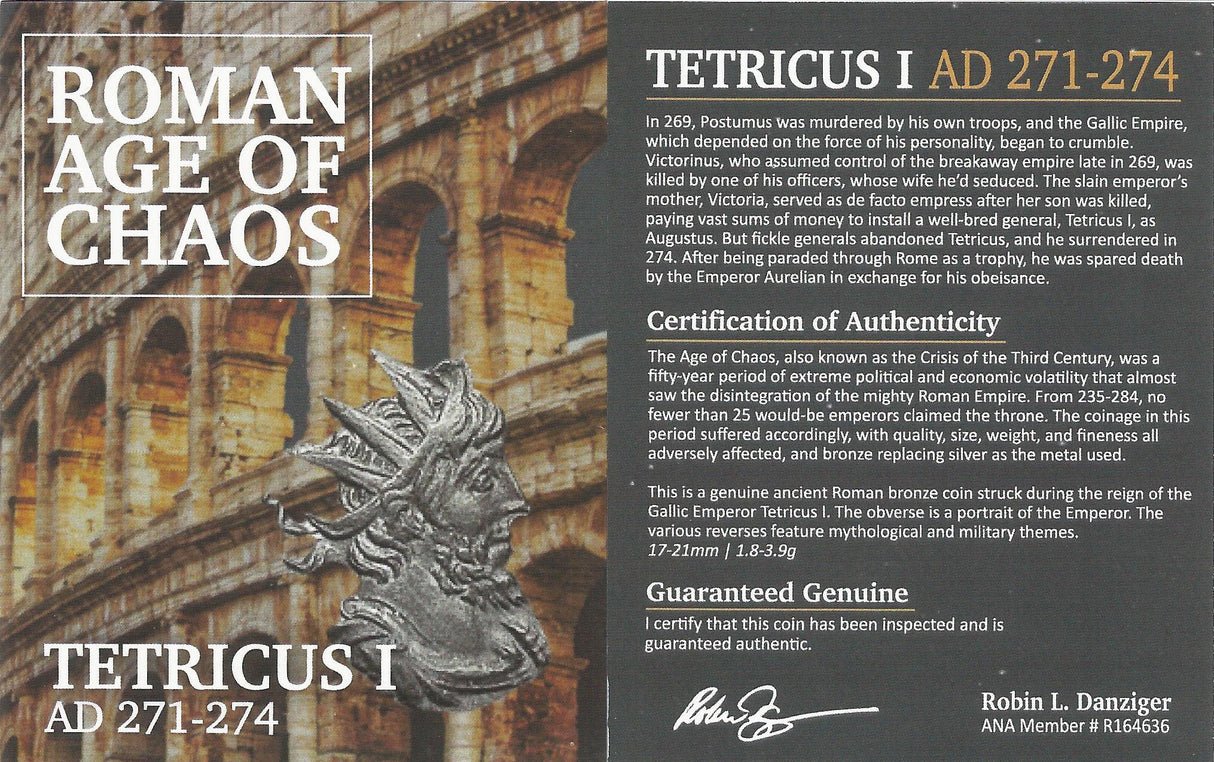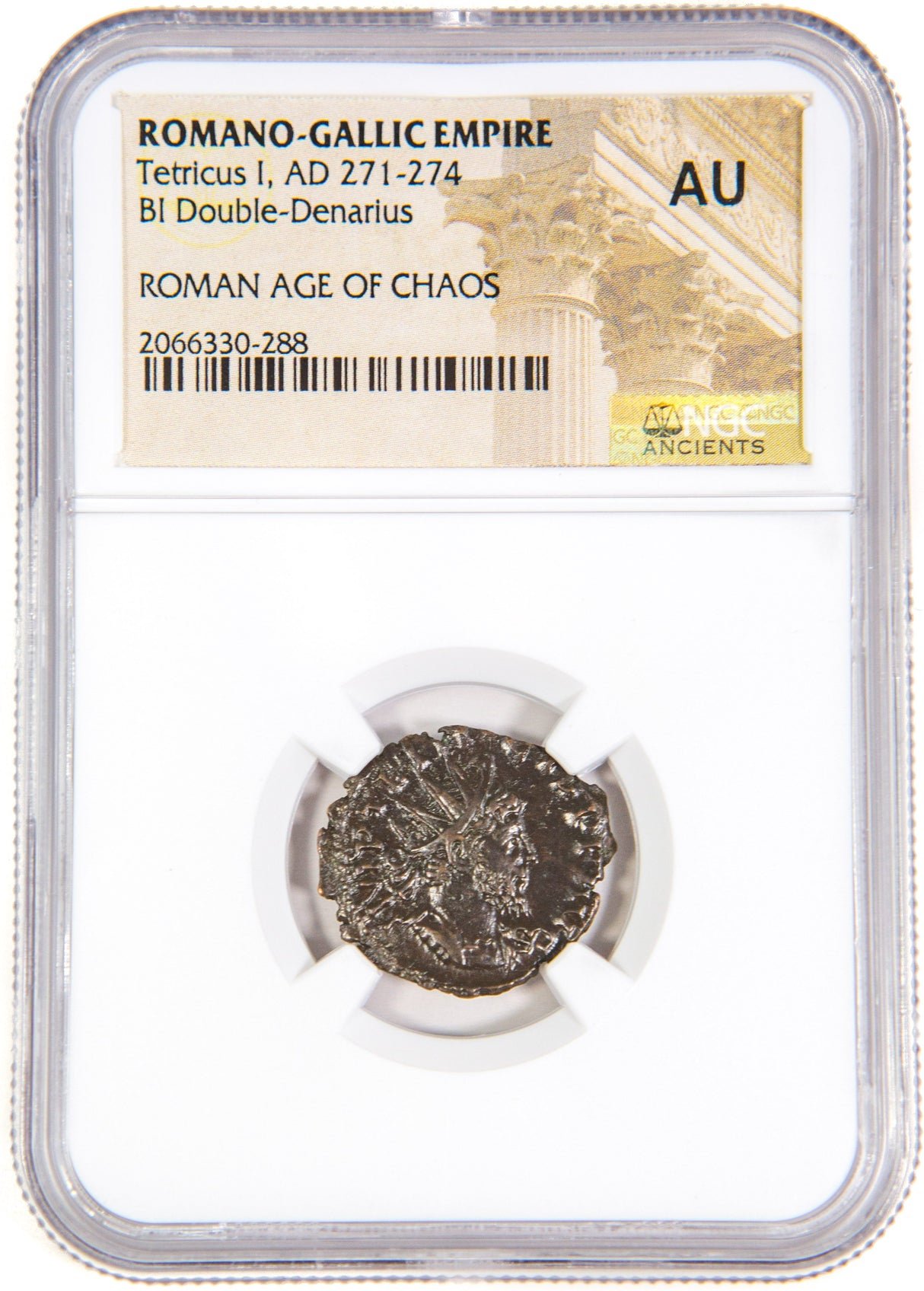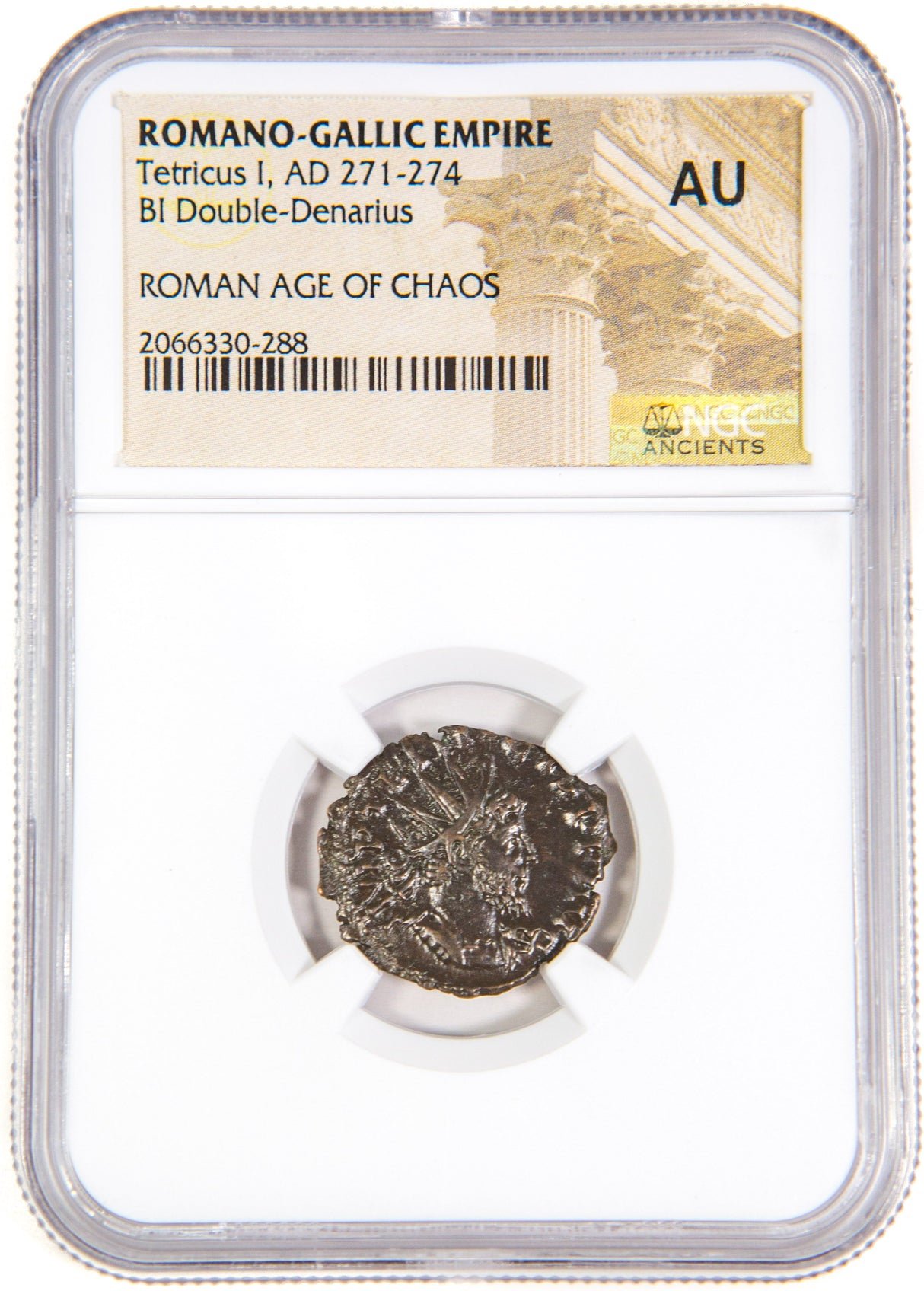Roman Silver Denarius Of Caracalla (AD 198-217) NGC
Coins in images are examples and not item sold.
The son of Septimius Severus and Julia Domna, Caracalla assumed sole control of Rome after murdering his brother Geta in 211. A year later, he issued the famous Edict of Caracalla, granting full Roman citizenship, with all its attendant benefits, to all free men in the Empire. The baths he constructed are one of the major tourist attractions in modern-day Rome. He was assassinated in 217.
Coins in images are examples and not item sold.
The son of Septimius Severus and Julia Domna, Caracalla assumed sole control of Rome after murdering his brother Geta in 211. A year later, he issued the famous Edict of Caracalla, granting full Roman citizenship, with all its attendant benefits, to all free men in the Empire. The baths he constructed are one of the major tourist attractions in modern-day Rome. He was assassinated in 217.
Coins in images are examples and not item sold.
The son of Septimius Severus and Julia Domna, Caracalla assumed sole control of Rome after murdering his brother Geta in 211. A year later, he issued the famous Edict of Caracalla, granting full Roman citizenship, with all its attendant benefits, to all free men in the Empire. The baths he constructed are one of the major tourist attractions in modern-day Rome. He was assassinated in 217.










